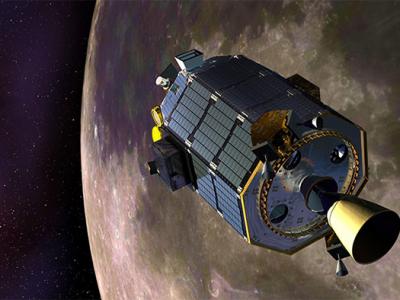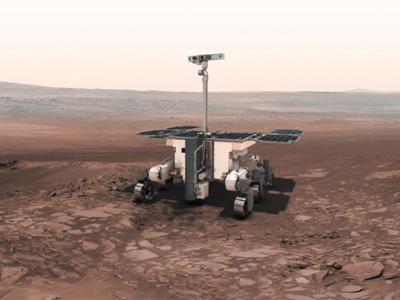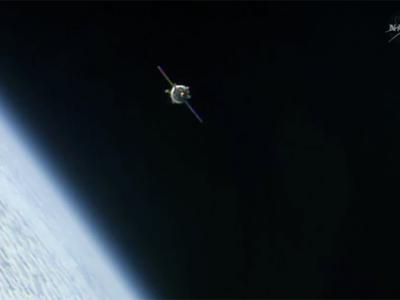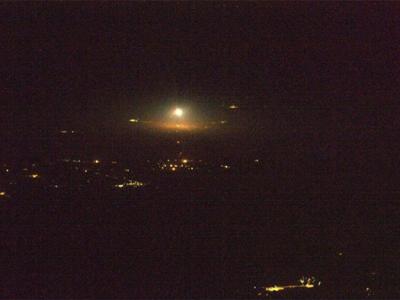Brian Cox: Time Travel is Easy! Kinda
Brian Cox: Time Travel is Easy! Kinda
British physics superstar Professor Brian Cox has gone on the record to say that time travel is possible. Unfortunately, there’s a huge caveat to his claim: if you were able to achieve this feat, you’d only be able to travel into the future never to return. Why? Traveling into the past is impossible. Possibly.
The idea of mono-directional time travel is a slap in the face for most science fiction storylines, but fortunately for Marty McFly there’s no risk of accidentally sleeping with his mother from 1955 in this scenario. However, zooming around on hovering skateboards in the future is totally plausible. Maybe.
Cox pointed out this little trick of physics at a speech at the British Science Festival while discussing the merits of Doctor Who’s TARDIS, but it probably isn’t news to anyone with a basic knowledge of how Einstein’s theory of Special Relativity works. Although the UK national press seems to think otherwise.
“Can you build a time machine?” said Cox. “The answer is yes.”
Assuming we could build a spaceship that will accelerate an astronaut close to the speed of light, only for them to return a few hours later (in the astronaut’s time frame), through a quirk of relativity it’s possible that thousands of years would have passed on Earth. Therefore, the superfast spaceship will have become a time machine! Want to go further into the future? No problem! Fly the spaceship even faster.
(Keep in mind that it’s still impossible — according to our current knowledge of space, time and good ol’ fashioned physics — to travel faster than the speed of light, but traveling at any fraction of the speed of light is still allowed in physics. The engineering of such a machine, on the other hand, would require some pretty epic propulsion technology behind it.)
“If you go fast, your clock runs slow relative to people who are still. As you approach the speed of light, your clock runs so slow you could come back 10,000 years in the future,” he said.
Cox is basically describing a famous thought experiment taught to university students around the world as the “Twin Paradox.”
Imagine twins, one stays on Earth (Twin A) while the other (Twin B) boards a spaceship and flies off at relativistic speeds. Compared with Twin A’s timeframe, Twin B’s timeframe will slow. If time is running slower for Twin B, then he/she will return to Earth where a lot more time has passed and Twin A has aged significantly more than Twin B. The mechanism behind this is “time dilation” and it has a stronger effect as you travel closer and closer to the speed of light.
So far, Cox has described a time machine (a.k.a. a relativistic spaceship) stuck in fast forward. What would it take to wind back the years and test out the “Grandfather Paradox”? (Warning: If you just so happened to find yourself in the past don’t bother testing out this paradox. Spoiler: It could end very badly for you.)
Well, that would require some pretty fancy and exotic physics.
“In General Relativity, you can do it in principle,” said Cox. “It’s to do with building these things called wormholes; shortcuts through space and time. But most physicists doubt it. Hawking came up with the ‘chronology protection conjecture’ – physics we don’t yet understand that means wormholes are not stable.”
A consequence of some of Einsteins relativity equations predict the existence of wormholes — but they are not traversable wormholes (i.e. you can’t pack your bags and jump into one of these quirks of spacetime), they are short-lived, small scale anomalies. To create a wormhole from science fiction, you’d need an exotic form of matter that can stabilize the mouth of a wormhole using negative energy.
Currently, such a form of matter is pure theory, but if it were to be discovered or manufactured, it would be pretty useful for time travel and, potentially, interstellar travel.
For now, the only conceivable time machine is one that’s stuck in fast forward.(Sep 11, 2013 12:57 PM ET // by Ian O'Neill)












